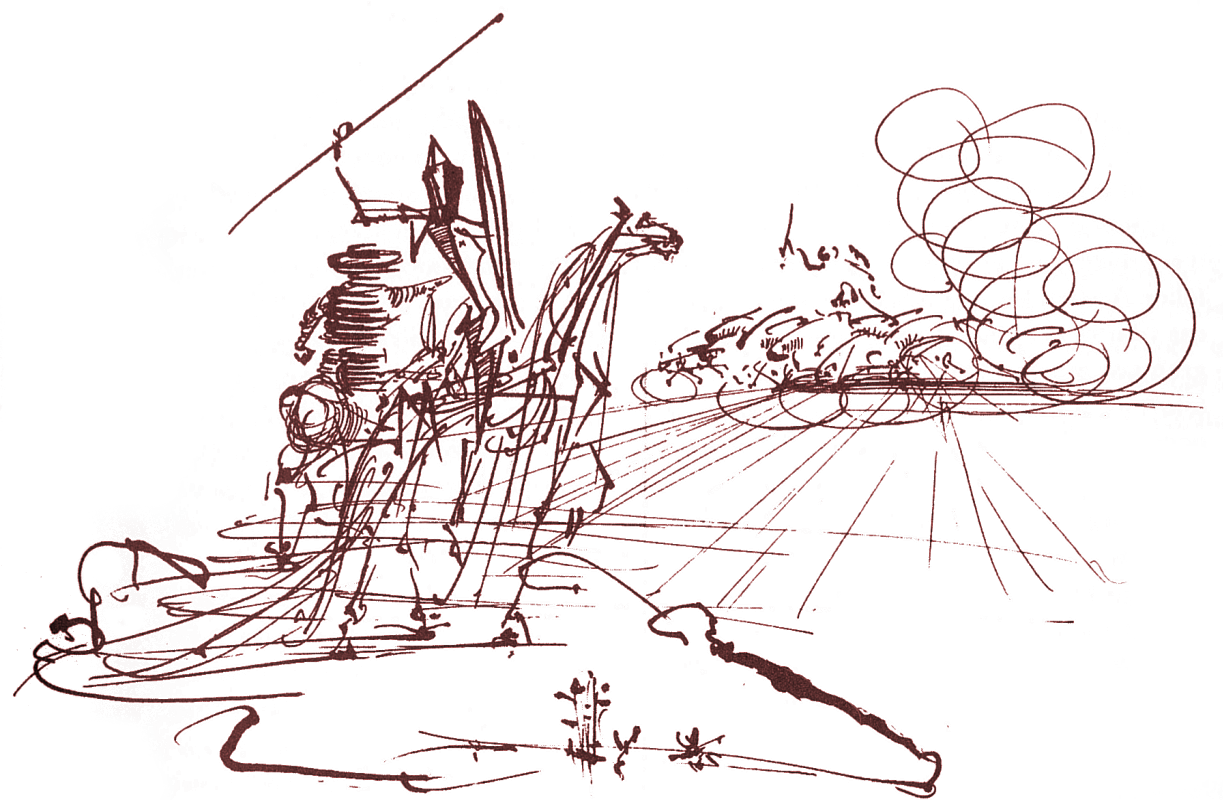These are the words which I spoke to the judge just before he sentenced me to six months in prison, a year of probation, and a $1000 fine, in 2003.
Your Honor: I am here before you because I violated a law. In front of Fort Benning Georgia I cut a lock and injured federal property.
I committed a criminal act, and I take full responsibility for that act. I am a criminal. I understand that Your Honor has received a number of letters pleading leniency on my behalf. I want you to understand that I am not here before you to shirk punishment.
Consider with me today the difference between laws and morality. Jesus best summed up morality when he said, "Do unto others as you would have them do unto you." There is a human sense about these words, a rawness, a simplicity, the sort of thing that can only be decided face-to-face.
Laws, on the other hand are systems; and in order for a person to be analyzed by a system one must first transform them into an object, an object for the scrutiny of that system. A person is not a person before the law, but instead a violator of the law.
There is a psychosis inherent in the paradigm, a schism from reality. In order to judge a person guilty of a crime against humanity the laws first strip them of their humanity: of who and what they are, the systems that created them and the parents that raised them.
In Columbia, for instance, one cannot consider the plight of a poor peasant farmer driven by economic destitution to grow the coca plant without first considering the political and economic systems that impoverished them.
However, that person is guilty of an infraction of the law. Which is why there are soldiers trained at the SOA/WHISC to fire submachineguns at them from helicopters provided by the United States.
We all know the people out there getting shot are not the drug lords in their mansions and Lexuses, they are the individual subsistence farmers out there trying to feed their families.
The men up there in helicopters are carrying out the "will of the law." Instead of carrying out the will of the law or system, they should be working to reform the political and economic systems that caused that infraction.
I accept full responsibility for my violation of the law. However, the laws are like a hammer. If your hammer keeps bending up the nails, then pitch it out. When a law causes men to shoot submachineguns from helicopters at other men, then pitch the offending law.
Judge Land (interrupting): Now which statute partularly are you suggesting that we "pitch out." Are you suggesting that we "pitch out" the law that prevented you from damaging federal property?
Jeremy: I am not…
Judge Land (interrupting): Just tell me yes or no.
Jeremy: (pause) Well I can't answer that question with a simple yes or no.
Judge Land: (nodding) Go on.
Jeremy: Systems have no inherent value other than their application: their practical human-to-human morality. So long as atrocities are committed in the name of the laws, as long as the laws are enabling the solders in the helicopters rather than the reformers of the system, I will continue to break the laws.
Judge Land: The court has a obligation in this case to assess whether or not the findings of the pre-sentencing report in regards to your acceptance of responsibility and your statement of responsibility are legitimate. Do you regret violating the law?
Jeremy: No, I can't say that I do.







